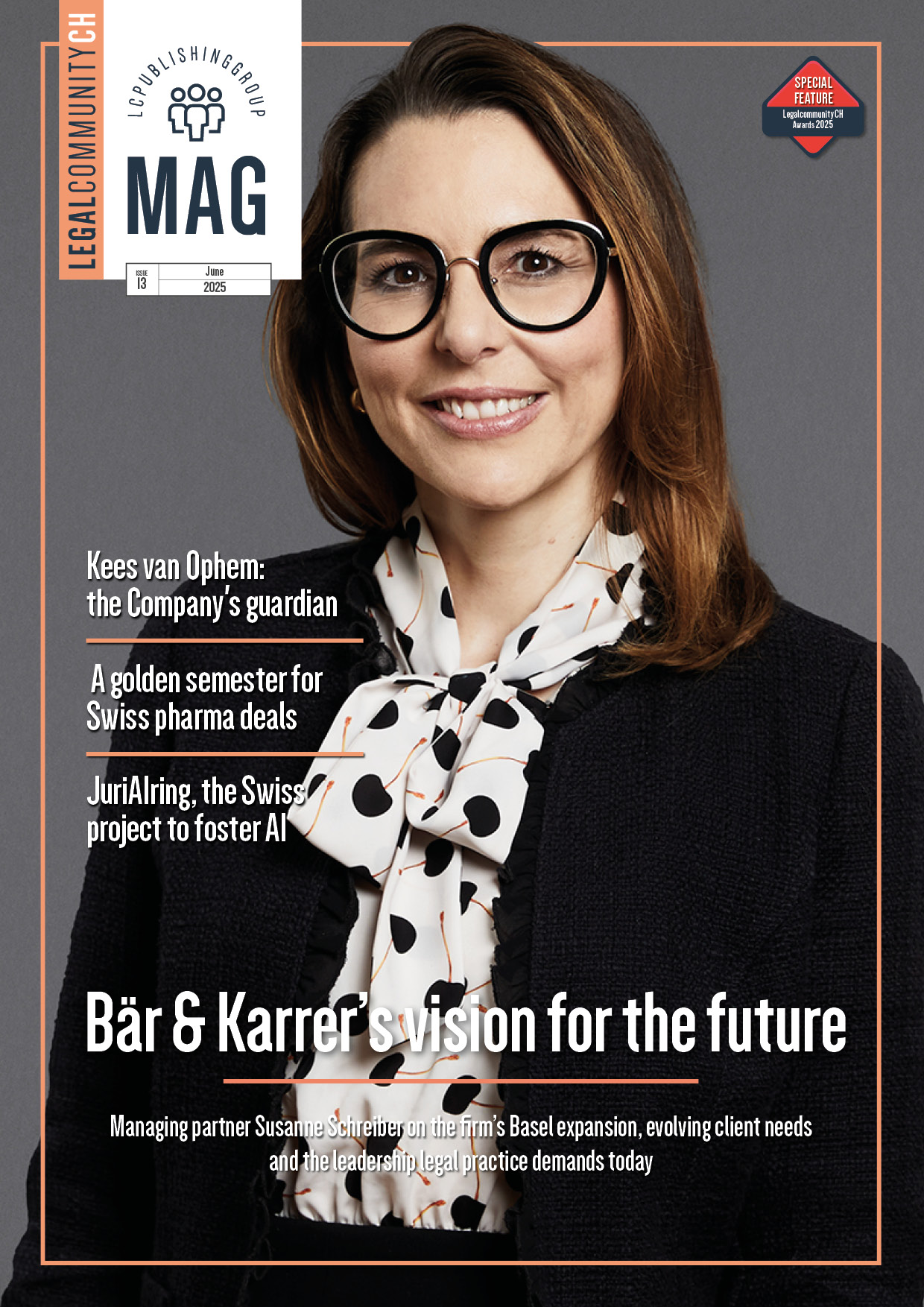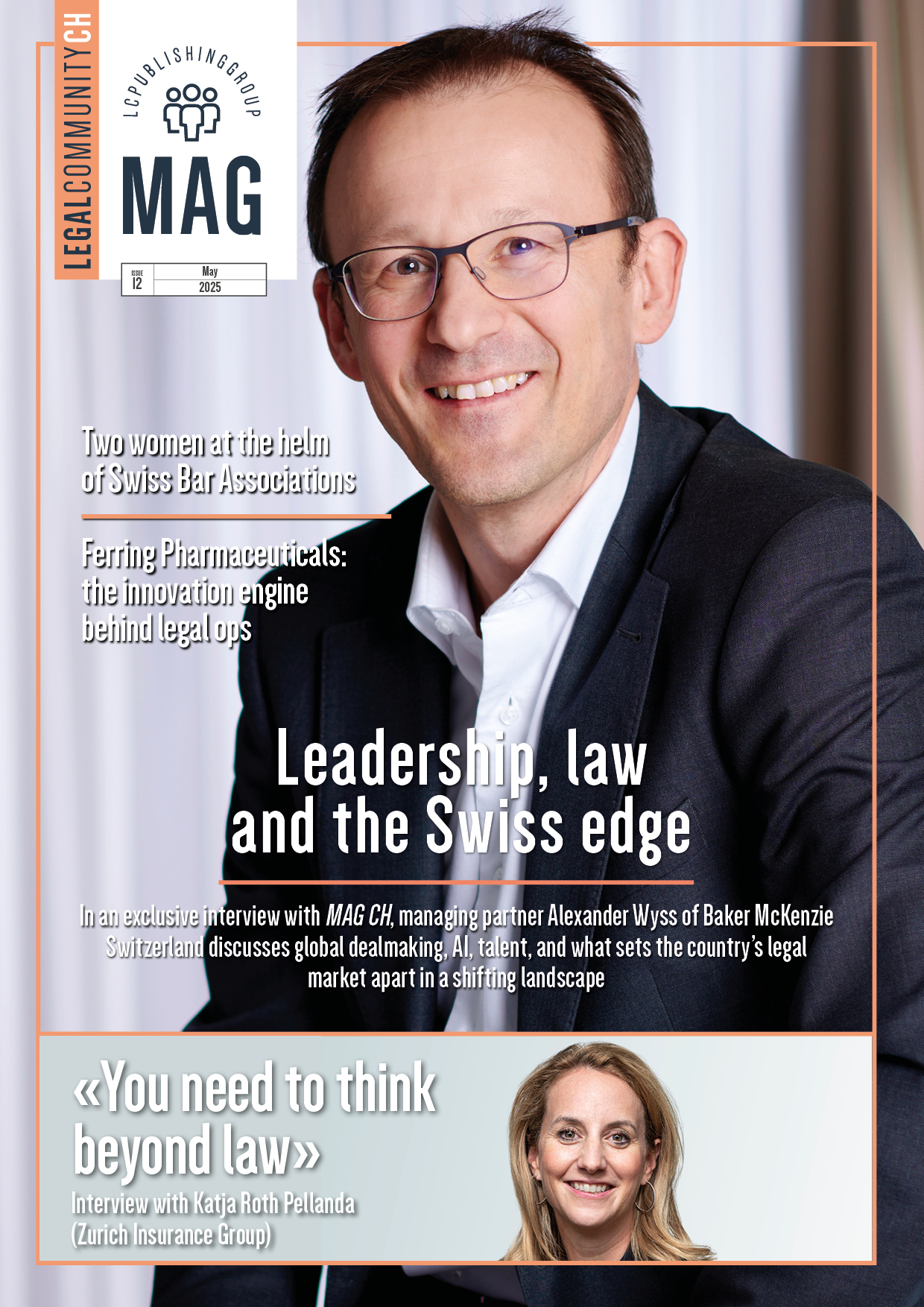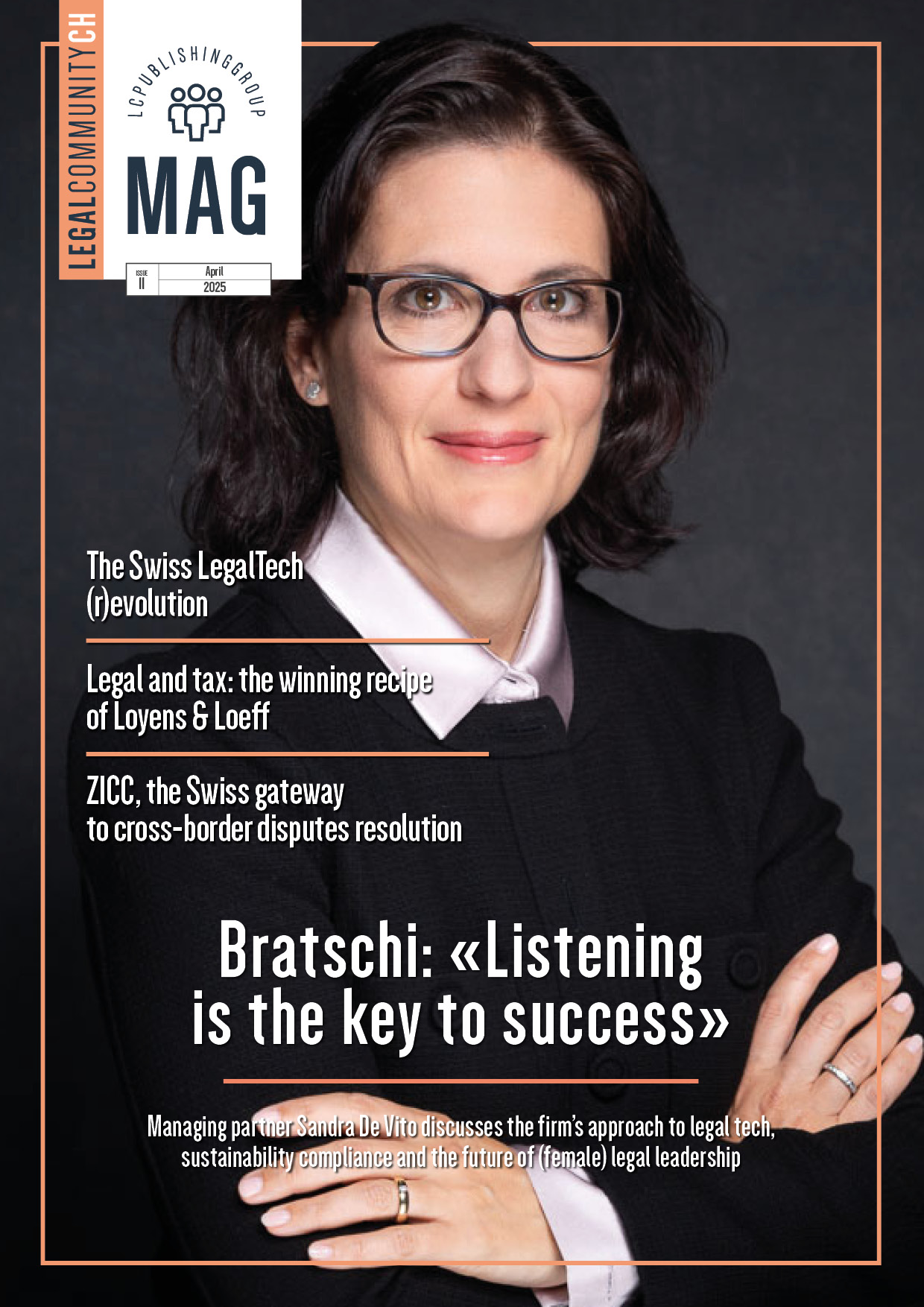Sustainability, innovation and ALSPs: the changing role of the general counsel
By Ilaria Iaquinta
With a career spanning 33 years Ricardo Cortés-Monroy is one of the most reputed and famous general counsel in the European legal community. He is currently a senior vice president at Nestlé Group and pursues as well a Classical Antiquity master’s degree at The Open University in the UK. But he was the worldwide chief legal officer (CLO) at the largest food company in the world measured by revenues headquartered in Switzerland, during 2010-2019. As CLO he was responsible for leading the legal function worldwide, composed by 700 professionals around the globe. Prior to that role he had a long career at other multinationals and law firms, with growing responsibilities. He was also in 2015-2017 the chairman of the board at the European General Counsel Association (ECLA), comprising the 65 largest European based multinationals. He worked closely with UC Berkeley and United Nations on Sustainability and sits on the advisory board at Harvard Law School (Center for the Legal Profession). MAG and legalcommunity.ch met him to talk about the evolution of the in-house legal profession and the changes that will derive from new activities, massive use of technology and alternative legal service providers (ALSPs). This is what he said to us:
You have been working as an in-house counsel for 30 years and as a general for 20 years…it’s a long time. The role of the in-house lawyers has changed considerably in the last three-two decades… how?
The roles have changed significantly albeit differently depending on which aspect of the in-house profession we are speaking of.
What do you mean?
If you are a specialist, for example IT, or privacy and data protection, your role didn’t even exist 30 years ago! But generally, it is in the general business lawyer role where we have witnessed the most interesting evolution: from mainly a technical expert & corporate secretary in the eighties to a business partner and strategical & ethical champions nowadays.
The general counsel is shifting his focus on not only what is legal but what also is “right”. He is increasingly engaged in environmental, social and ethical issues…
I am glad you mention that phrase: it was our official motto in Nestlé Legal when I was the general counsel. We must be engaged in those topics; we owe it to our colleague employees, stakeholders and shareholders.
Is the general counsel the right person to manage corporate sustainability?
We bring a unique angle that no other profession can bring (especially the necessary checks and balances towards line management). This is a cross-functional effort of course. We can manage corporate sustainability of course; many general counsels have become chief sustainability officers.
Why sustainability should be top of mind for you?
In highly regulated industries, compliance is a key feature of sustainability and the law. Compliance is an important activity for every in-house lawyer. I have always strongly disagreed with the split of compliance from legal.
Why?
It is frankly ridiculous and shows little understanding by management of what business lawyers should be doing. In conclusion, we can and should be internal champions in sustainability and its three areas: economic, environmental and social.
Innovation and technology are shaping corporate legal departments. What major changes are they bringing in your opinion?
A fantastic simplification of and accessibility to data. Interconnectivity between global teams, with all the global streamlining this can bring. And the exponential factor of AI, which in my mind stands for augmented intelligence instead of artificial intelligence.
Innovation and technology are changing the relationship with external advisors too. Alternative legal services providers (ALSPs) keep growing year after year. Did you use them at Nestlé?
We did.
How much and for what?
It is especially in the domains of intellectual property, data management and labour law where I experienced important benefits. They keep growing as relevant players.
Why did you use them instead of traditional law firms?
It was a natural evolution. The right expertise, the right motivation and technological investment has started to cluster in ALSPs. This includes a value-for-money that ‘magic circle’ law firms just cannot match and probably they are not interested neither. Ip were the first movers. Labour law has followed where ASLPs have been great at covering that grey area where matters are a good mix on human resources (hr) and legal, with big admin components and repetitive questions from the hr community. In highly contentious jurisdictions with thousands of labour law disputes (e.g. Brazil or India) ASLPs are essential! Finally, on data management we see another area where ASLPs can excel as it covers is/it technical areas with legal components. No law firm can do that (at least currently).
For what kind of services law firms are irreplaceable?
For many! Dispute resolution and strategic m&a are the ones that first come to my mind. And they will stay for a long time. I would add matters related to activist shareholders and similar strategic corporate governance. The former points refer mostly to developed markets. For emerging markets law firms are an essential partner for figuring out how to be a great local player and for ensuring a compliant license to operate in a large sense of the word.
Do you think that ALSPs are somehow law firms’ competitors? Certain aspects of what law firm traditionally handled have become their service areas…
To some (growing) extent. It is especially in intellectual property that I see them taking over traditional law firms.
Why?
Because of the sheer volume of relatively simple work (think of trademarks for instance) and its global scale. Any ASLP that can cover this with a global reach is poised for success. Generally I see more willingness in ASLPs to adapt their processes and IT connectivity with the clients. Imagine how important this is when you handle hundreds of thousands trademark registrations worldwide. Law firms are too expensive for these activities (and not necessarily the best).
Some legal services have become commodities and are priced by the legal community as such. Someone says that hourly billing is dead. What are the best alternative fee arrangements?
If I knew the answer, I’d set my own ALSP! A regular discussion between general counsels and senior partners will ensure that any arrangement works and provides a sense of fairness to both partners. The hourly bill will continue for a long time I am afraid.
Let’s move to the future. Where do you see the role of the general counsel going in the future?
I sincerely hope it doesn’t dilute into a vaguely defined muddled corporate role where they are in charge of a number of functions that have little to do with Legal (e.g. public affairs, hr and admin roles). It is a trend that worries me sometimes as usually legal teams are left a bit abandoned on its own by some general counsels who venture into these new pastures. We can and should be active business partners and strategic advisors while never forgetting that first and foremost we are lawyers and we practice law. That is difficult, I know. I respect lawyers that move to other functions of course. I would add that the technology angle will be essential for a good general counsel. Technologically savvy is the new line in our CVs.
Legal departments will need to unlock business value and work more efficiently. How can these goals be achieved?
By enabling transactions on a regular basis as fast and safely as possible; by protecting our companies, assets and employees; by engaging proactively in societal issues and by constantly keeping an eye on efficiencies and cost.
Will AI replace lawyers, or will it just make human skill more important than ever?
Never. But it will help savvy lawyers to be better.
















